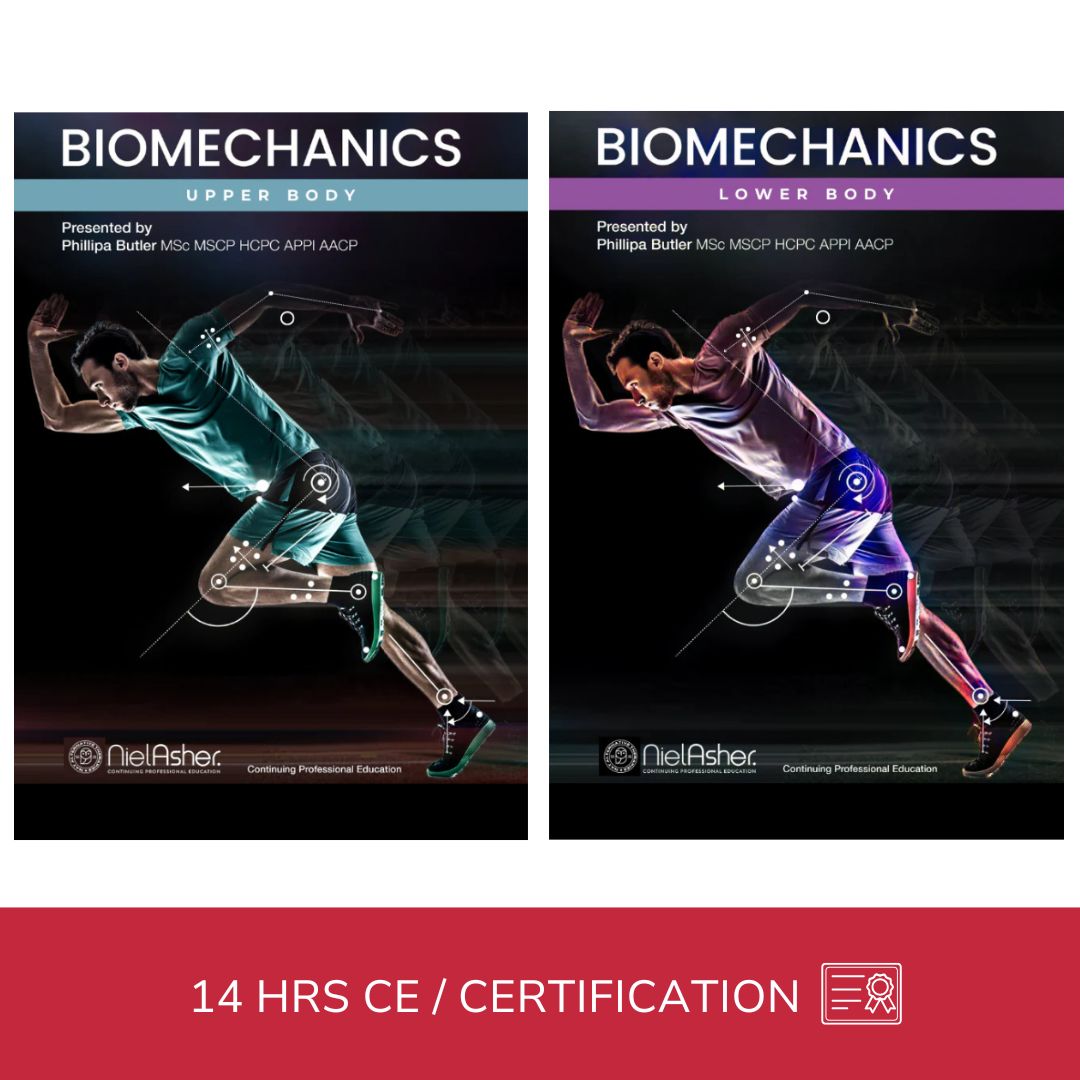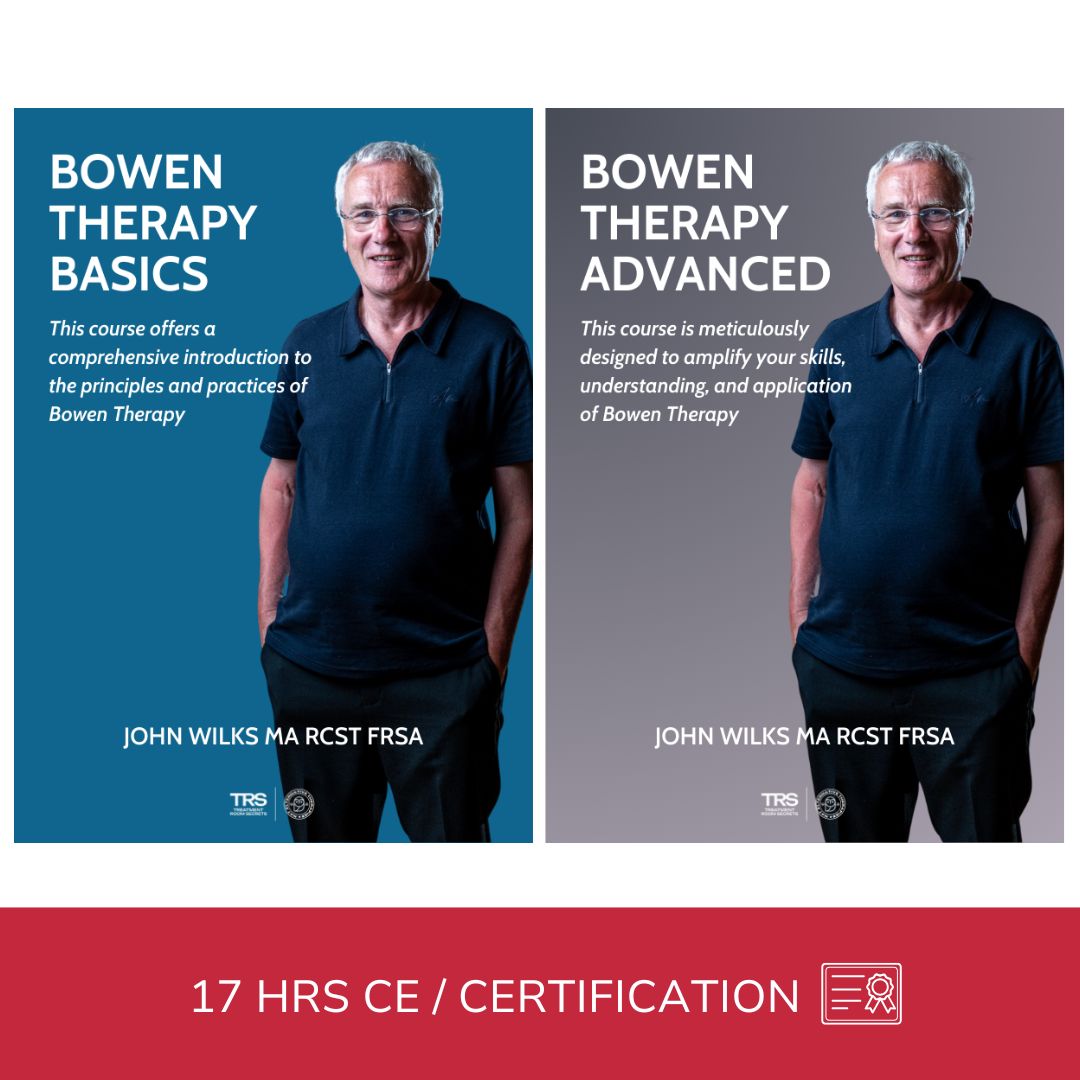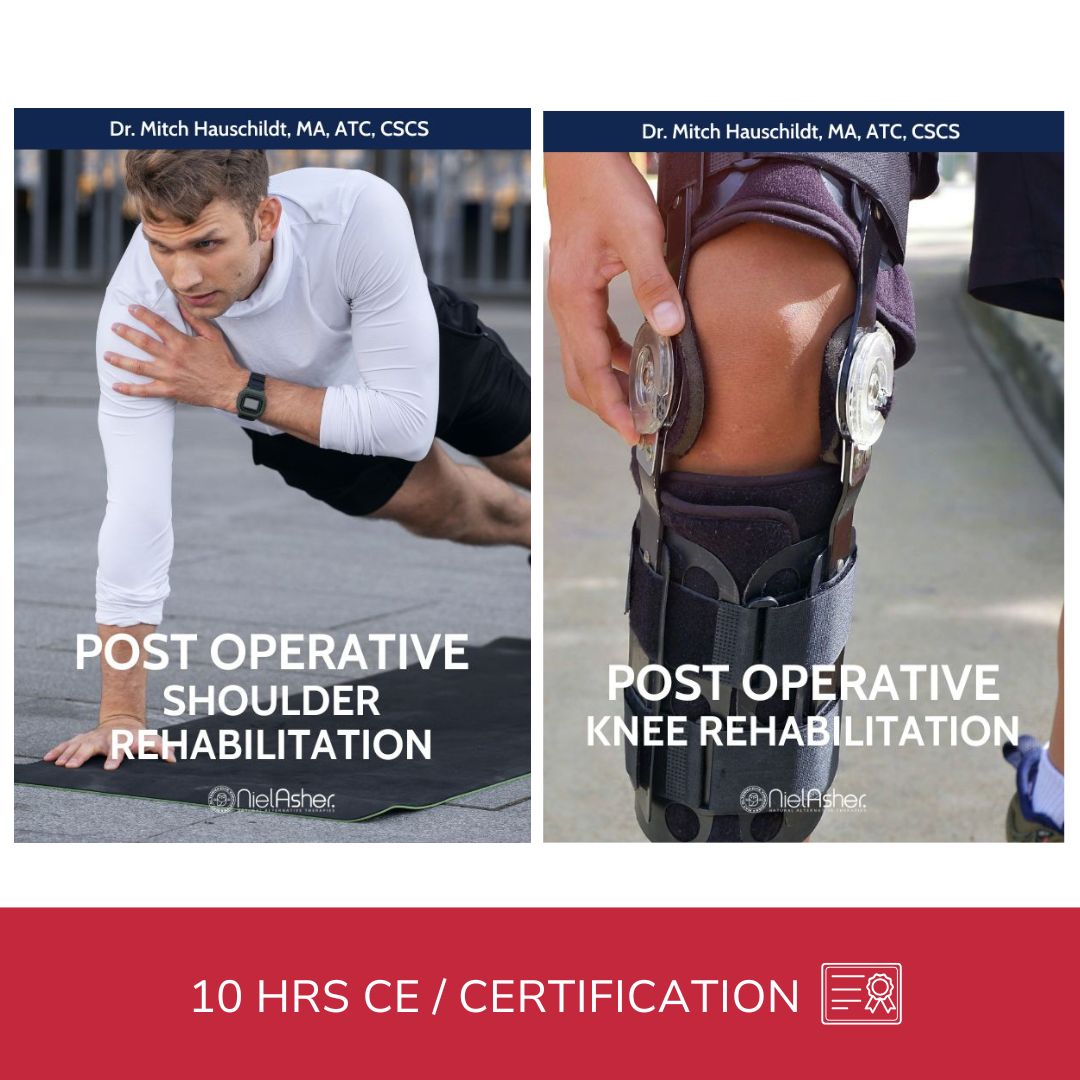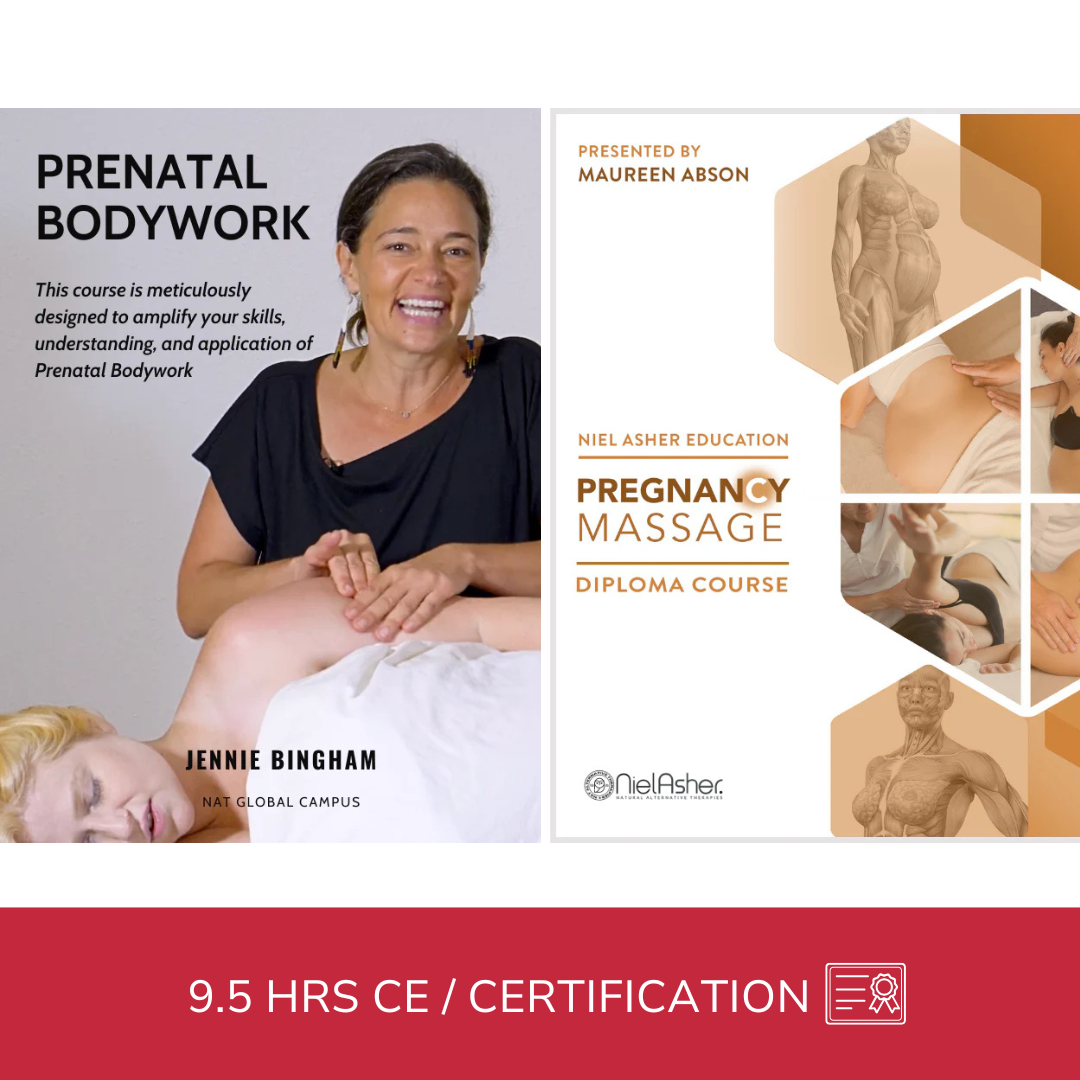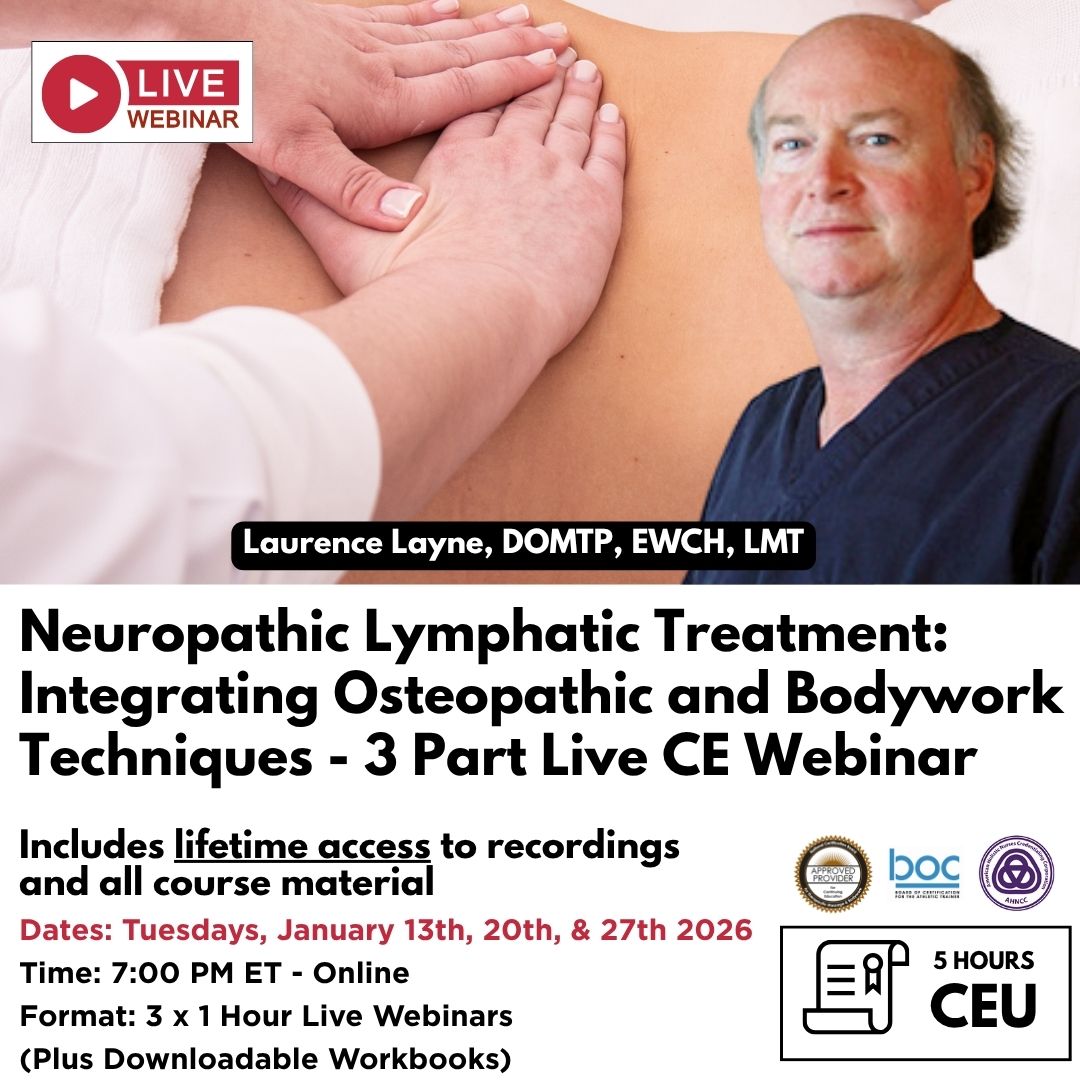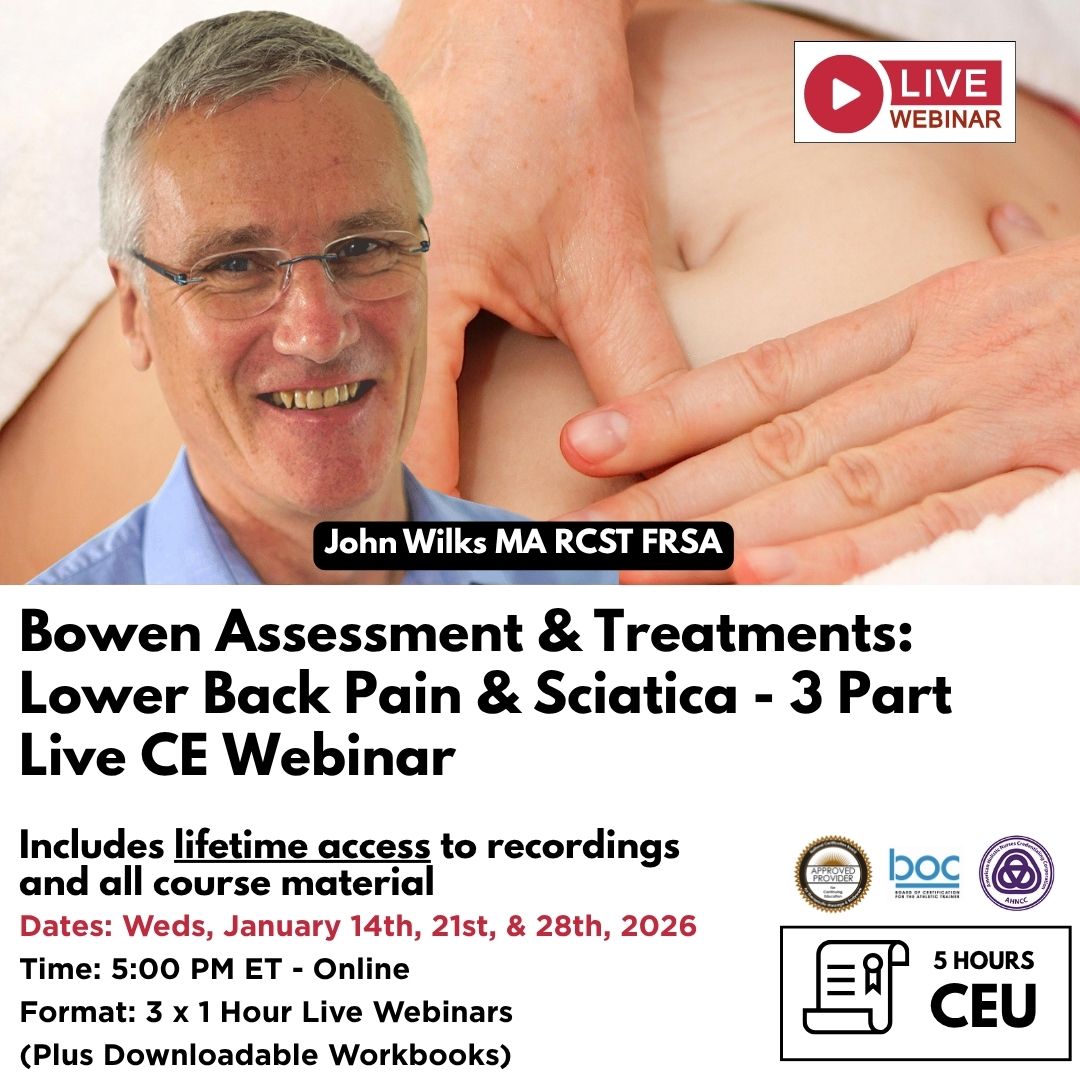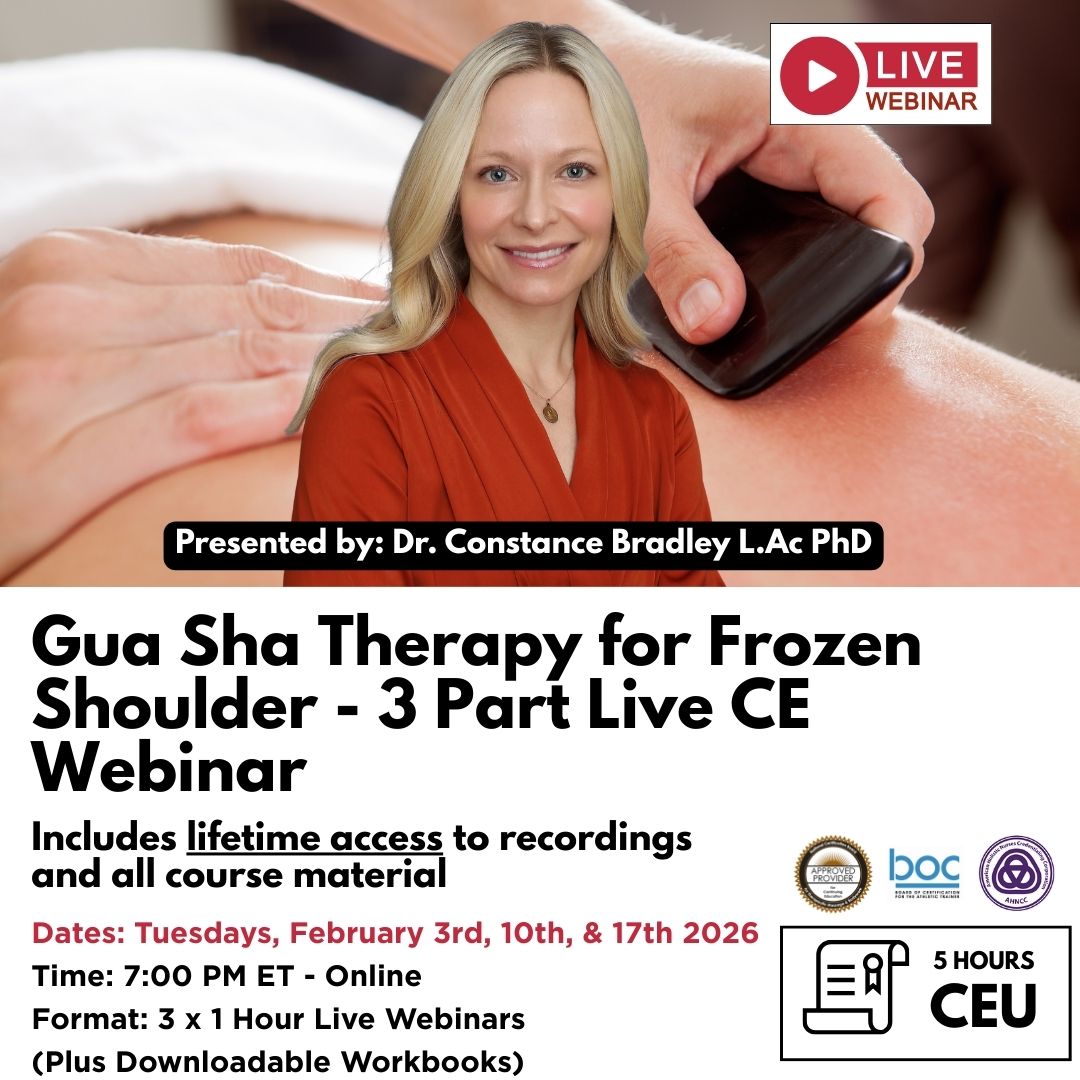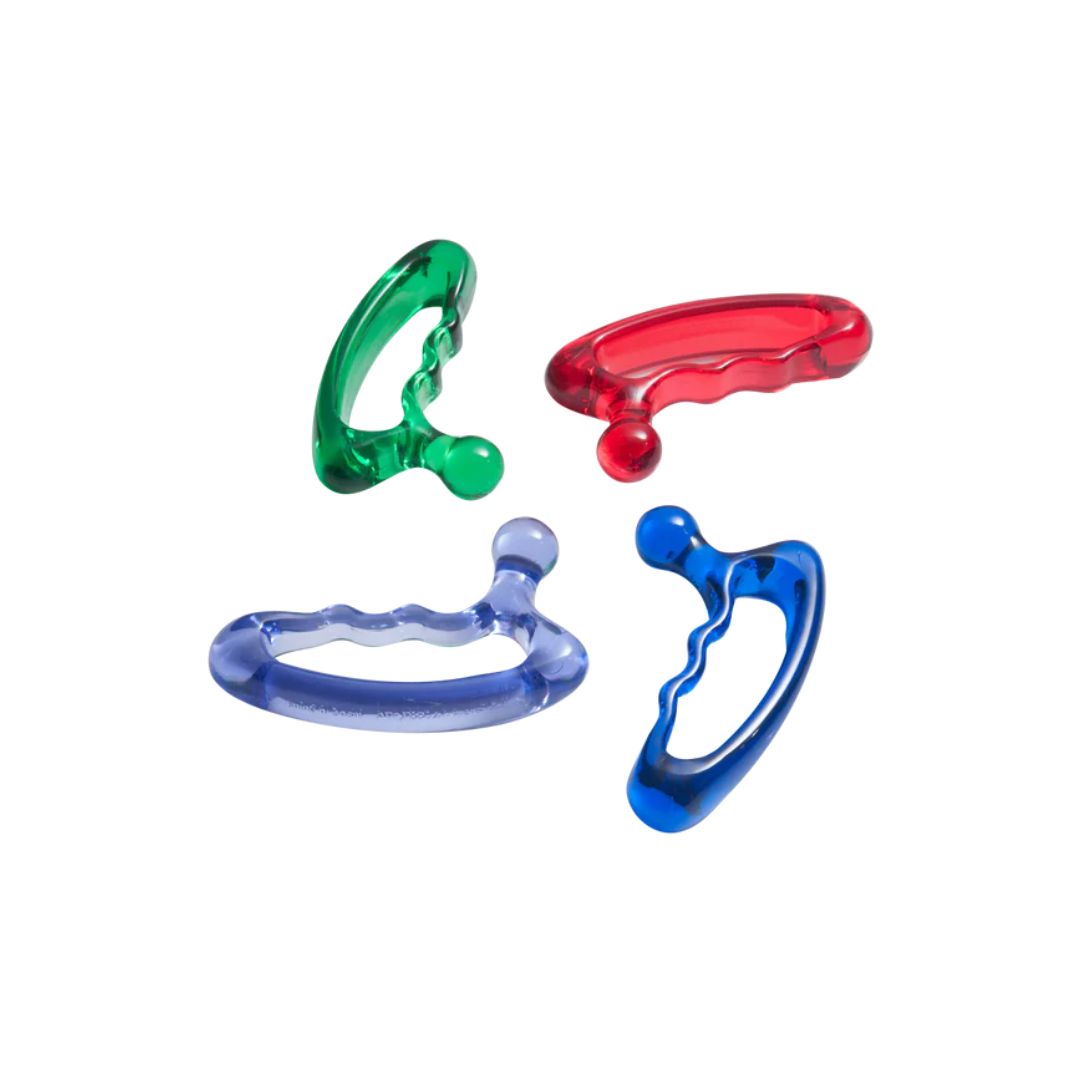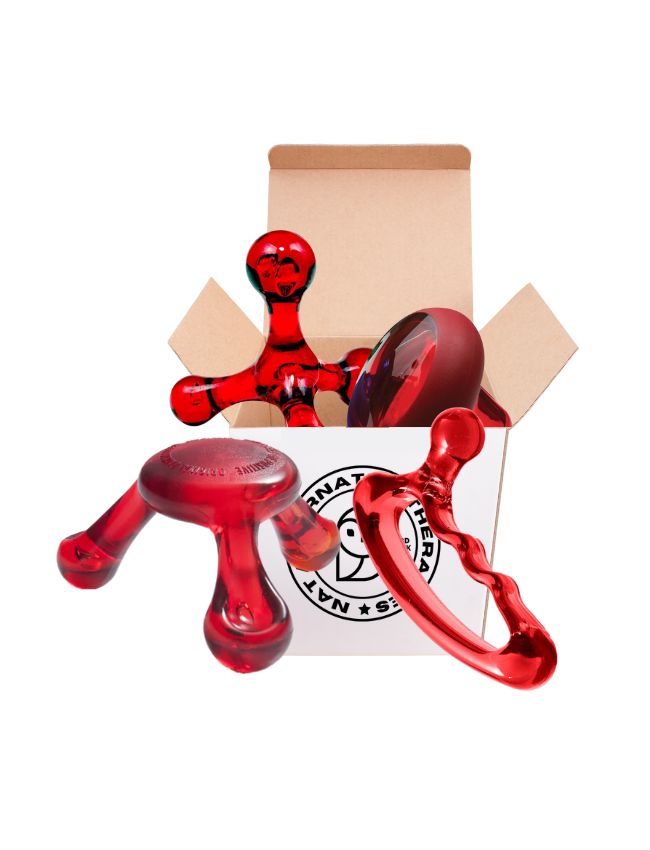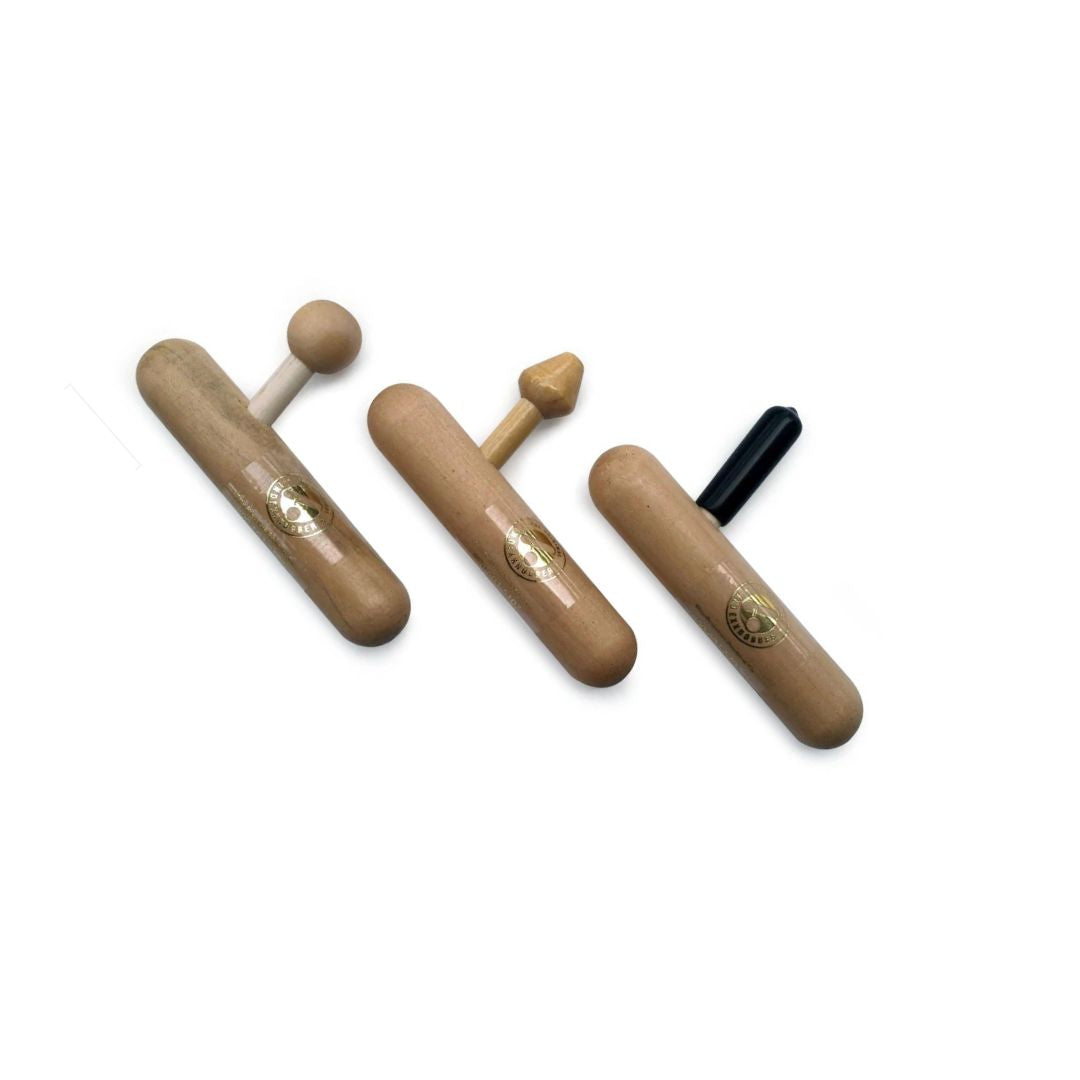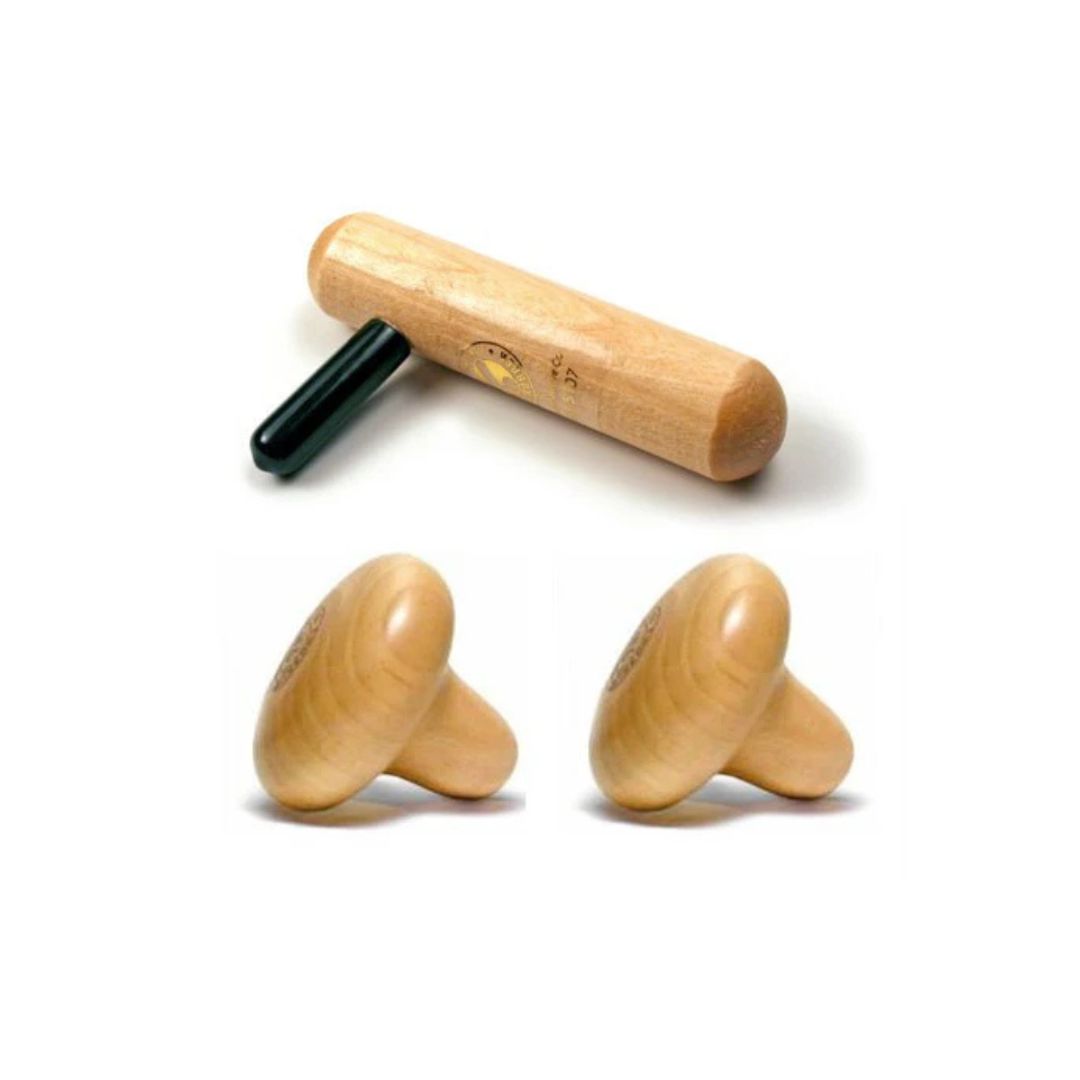Iliotibial Band (ITB) | Tensor Fasciae Latae (TFL) | Hip Restrictions
TFL Trigger Points - Pain can refer midway down the lateral thigh and will often radiate to the knee
The tensor fasciae latae (TFL) is a vitally important structure in providing stability through the knee and pelvis. This muscle is a junction for several chains, including the spiral and lateral chains.
The anteromedial fibers are responsible for flexion of the thigh, while the posterolateral fibers provide stability to the knee.
The tensor fasciae latae assists various muscles, including the gluteus medius and minimus, rectus femoris, iliopsoas, pectineus, and sartorius.
Pain from trigger points in the TFL is typically felt at the level of the greater trochanter in the hip joint, and will often refer to the knee.
Walking and running will typically make the pain more intense.
TFL / ITB Syndrome
Most runners will have heard of the IT band due to the condition ITB syndrome which presents symptoms at the outer knee.
Some people will refer to pain in the outer hip as ITB syndrome, but this is incorrect. TFL dysfunction can contribute towards the development of IT band syndrome, but the symptoms always occur at the knee.
The close association of the TFL with IT band syndrome often leads to pain conditions which stem from the TFL being referred to as TFL Syndrome.
TFL trigger points can also produce excessive tension in the muscle and the iliotibial tract, thereby becoming one of the contributory factors of ITB Syndrome.
Origin
Anterior part of outer lip of iliac crest, and outer surface of ASIS.
Insertion
Joins IT tract just below level of greater trochanter.
Action
Flexes, abducts, and medially rotates hip joint. Tenses fascia lata, thus stabilizing knee joint. Redirects rotational forces produced by gluteus maximus.
Nerve
Superior gluteal nerve, L4, 5, S1.
Basic Functional Movement
Example: walking.

TFL - Common trigger point site
Referred Pain Patterns
Strong elliptical zone of pain from greater trochanter inferolaterally toward fibula.
Indications
Hip/knee pain (lateral), pain on side lying/fast walking/sitting with knees flexed up, hip-replacement rehabilitation, fracture of neck
of femur rehabilitation, morning hip stiffness.
Causes
Foot pronation when running (compensating for foot problems), short leg, bursitis of hip, sacroiliac joint dysfunction, poor sit-up technique, climbing, lifting heavy loads, being overweight.
Differential Diagnosis
Trochanteric bursitis. Osteoarthritic hip. Sacroiliitis. Lumbar spondylosis.
Connections
Gluteals, vastus lateralis, rectus femoris, sartorius, quadratus lumborum, iliopsoas, paraspinals.
General Advice
Avoiding prolonged positions (flexion). Avoid habitual postures (crossed legs, or standing on one leg). Pillow between knees at night. Running style, gait, and posture assessment. Warm up before exercise. Stretch regularly.
Hip and Thigh Anatomy

Trigger Point Treatment Techniques
| Spray and Stretch | YES |
| Deep Stroking Massage | YES |
| Compression | YES |
| Muscle Energy | YES |
| Positional Release | YES |
| Dry Needling | YES |
| Wet Needling | YES |
This blog is intended to be used for information purposes only and is not intended to be used for medical diagnosis or treatment or to substitute for a medical diagnosis and/or treatment rendered or prescribed by a physician or competent healthcare professional. This information is designed as educational material, but should not be taken as a recommendation for treatment of any particular person or patient. Always consult your physician if you think you need treatment or if you feel unwell.
About Niel Asher Education
Niel Asher Education (NAT Global Campus) is a globally recognised provider of high-quality professional learning for hands-on health and movement practitioners. Through an extensive catalogue of expert-led online courses, NAT delivers continuing education for massage therapists, supporting both newly qualified and highly experienced professionals with practical, clinically relevant training designed for real-world practice.
Beyond massage therapy, Niel Asher Education offers comprehensive continuing education for physical therapists, continuing education for athletic trainers, continuing education for chiropractors, and continuing education for rehabilitation professionals working across a wide range of clinical, sports, and wellness environments. Courses span manual therapy, movement, rehabilitation, pain management, integrative therapies, and practitioner self-care, with content presented by respected educators and clinicians from around the world.
Known for its high production values and practitioner-focused approach, Niel Asher Education emphasises clarity, practical application, and professional integrity. Its online learning model allows practitioners to study at their own pace while earning recognised certificates and maintaining ongoing professional development requirements, making continuing education accessible regardless of location or schedule.
Through partnerships with leading educational platforms and organisations worldwide, Niel Asher Education continues to expand access to trusted, high-quality continuing education for massage therapists, continuing education for physical therapists, continuing education for athletic trainers, continuing education for chiropractors, and continuing education for rehabilitation professionals, supporting lifelong learning and professional excellence across the global therapy community.
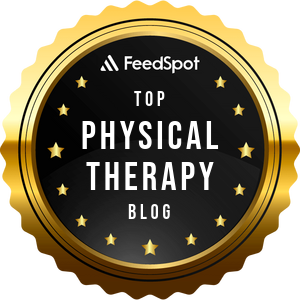
Continuing Professional Education
Looking for Massage Therapy CEUs, PT and ATC continuing education, chiropractic CE, or advanced manual therapy training? Explore our evidence-based online courses designed for hands-on professionals.

